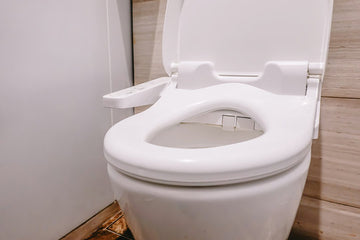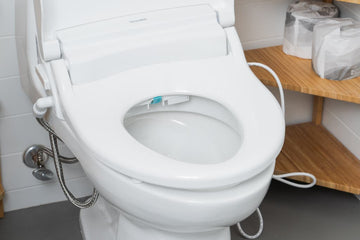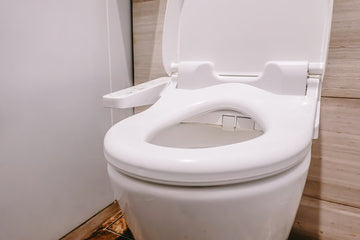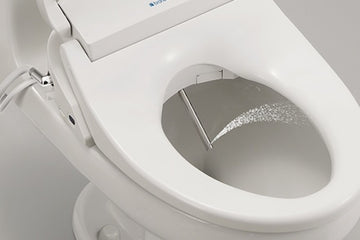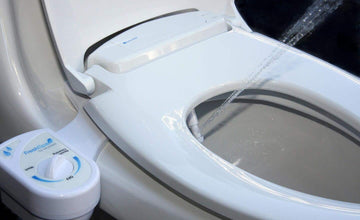In recent years, the popularity of bidets has surged in households across the globe. As people become more conscious about hygiene and sustainability, bidets are emerging as a preferred choice over traditional toilet paper. However, for many potential users, the question of bidet installation cost remains a significant factor in deciding whether to make the switch. Let's delve into the various aspects affecting this cost and how you can make an informed decision.
The bidet installation cost can vary widely depending on several factors such as the type of bidet, the complexity of installation, and the existing plumbing setup. Understanding these factors will help you better estimate what you might expect to spend and how to budget accordingly.

Types of Bidets and Their Installation Costs
Bidets come in several types, each with its installation requirements and associated costs. The most common types include standalone bidets, bidet seats, and bidet attachments. Each type has its pros and cons, and the installation cost can vary significantly among them.
Standalone Bidets
Standalone bidets are separate fixtures usually installed next to the toilet. They require extensive plumbing work and space, which can result in higher installation costs. Typically, the cost for installing a standalone bidet ranges from $500 to $1,500, depending on the complexity of the plumbing and any additional features.
Bidet Seats
Bidet seats replace your existing toilet seat and are relatively straightforward to install. They usually require only basic plumbing alterations, which can often be handled by homeowners themselves. The installation cost for a bidet seat can be between $200 and $600. For guidance on how to install a bidet seat safely, you can refer to this resource.
Bidet Attachments
Bidet attachments are the most cost-effective option. They attach directly under your existing toilet seat, requiring minimal plumbing changes. The installation cost is usually under $100, making them an attractive option for budget-conscious individuals. For more information on converting your toilet to a bidet, check out this guide.
Factors Influencing Bidet Installation Cost
Beyond the type of bidet, several other factors influence installation costs. These include:
Plumbing Requirements
The condition and configuration of your bathroom's existing plumbing system play a crucial role in determining installation costs. Homes with modern plumbing systems may require less work, whereas older homes might need significant upgrades to support a bidet.
Professional vs. DIY Installation
Choosing between hiring a professional or opting for a DIY installation can significantly affect costs. While DIY can reduce expenses, it is essential to ensure you have the necessary skills and tools to avoid costly mistakes. For those considering a DIY approach, you might find this article helpful.
Additional Features
Today's bidets come with a range of features, from heated seats to adjustable water pressure. These additional features can increase both the purchase and installation costs. It's important to decide which features are essential for your needs.
Long-term Cost Benefits
While the initial bidet installation cost might seem high, it is important to consider the long-term savings and benefits. Bidets can significantly reduce toilet paper usage, leading to cost savings over time. Additionally, they offer enhanced hygiene and are considered more environmentally friendly.
Environmental Impact
Installing a bidet is not just a financial decision but also an environmental one. By reducing your reliance on toilet paper, you contribute to less deforestation and water usage in paper production. To learn more about eco-friendly bathroom upgrades, explore this article.

FAQ
1. How much does it cost to install a bidet on average?
The average cost can range from $100 for a simple attachment to $1,500 for a standalone model, depending on the type and installation complexity.
2. Can I install a bidet myself?
Yes, many bidet models are designed for DIY installation, especially bidet seats and attachments. However, standalone bidets usually require professional help.
3. Are bidets worth the investment?
Bidets can be a worthwhile investment for improved hygiene, reduced toilet paper use, and environmental benefits. For more insights, you might find this guide useful.
In conclusion, understanding the bidet installation cost involves considering the type of bidet, installation requirements, and long-term benefits. By evaluating these factors, you can make an informed decision that suits your budget and lifestyle needs.
This article contains affiliate links. We may earn a commission at no extra cost to you.

